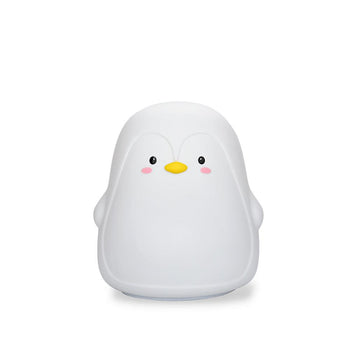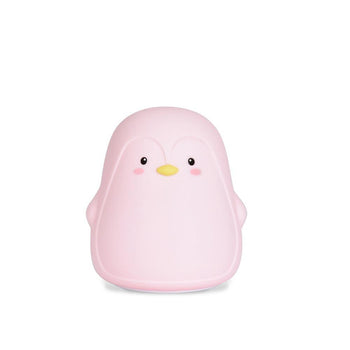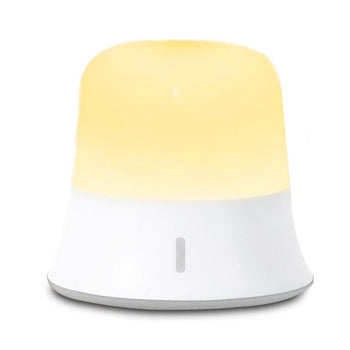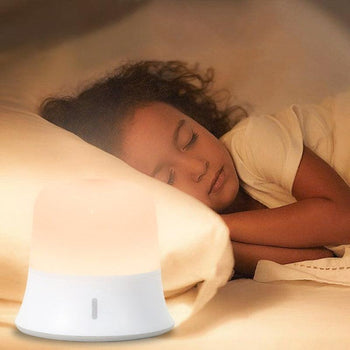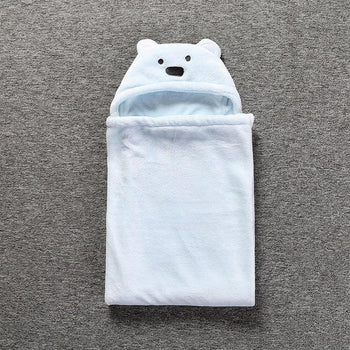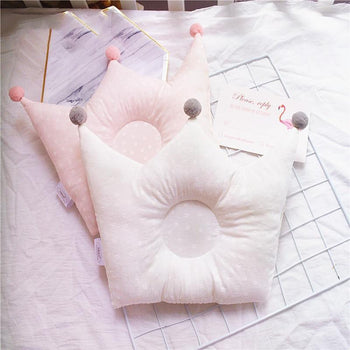Because they have to wake up often to feed, newborns and young children aren't necessarily the best sleepers. That's why, in my opinion, the expression "sleep like a baby" is misleading !
It is understandable that parents are eager to learn how to put their newborn baby to sleep as soon as possible after delivery. The problem is that newborns and toddlers are not ready for sleep training (I generally advise you to wait until the baby is at least 4 months old and past sleep regression at 4 month ).
Don't be discouraged: Just because your baby is too young to learn sleep doesn't mean you have to endure months of sleep deprivation. There are steps you can take to help your baby sleep more naturally and smoothly.
That's what we're going to see today!
Here are 7 natural and gentle ways to help your newborn sleep better . Let's take a look at it, shall we?
1/ Go for a walk with your children
Turns out your grandma was right: getting fresh air helps kids sleep better. You should start adding a daily walk or outdoor sitting time as soon as your baby is a few weeks old. This will go a long way in improving the quality of sleep at night and during naps.
2/ Try infant massage
Infant massage is a simple, natural way to help your newborn relax, which can promote better sleep . I've told you before about the benefits of infant massage to improve babies' sleep, but I'll say it again. Indeed, for children 3 to 6 months old, this study found an improvement in the amount of sleep of about 1.3 hours per day.
On top of that, infant massage can aid digestion (which is especially beneficial for newborns with colic), mother-child bonding, and even growth and development!
3/ Make sure the days are clear and the nights dark
Newborns don't understand that day is for playing and night is for sleeping. Many newborns confuse day and night , sleeping for long periods during the day and being awake every hour at night! You can correct this problem in a gentle and natural way by ensuring that your baby is exposed to sunlight during the day (not direct sunlight, but rather filtered sunlight in a bright, sunny room).
On the other hand, make sure the nights are dark, for example by dimming the room during diaper changes and meals. This will gradually change your newborn's circadian patterns and encourage him to sleep for long periods at night and take naps during the day.
For more information on your baby's day/night confusion, you can read this article here . I'll give you tips to help baby get into a good rhythm, and I'll also explain what you shouldn't do.
4/ Group evening feeding
It is completely normal for newborns and young babies to refill bottles in the evening and eat more often than during the day. Although group feeding can be exhausting for mom and dad (especially if mom is breastfeeding, she may want to be on the couch for hours every night!), several experts agree that it This is a normal stage in a newborn's life.
Many experts believe newborns do this to get a longer night's sleep , many babies sleep more after being group fed! Group feeding is a smart technique if you want to encourage longer, deeper nighttime sleep.
5/ Keep an eye on him
It's not just about holding or carrying your child (we'll get to that in a bit). Try sharing a room with your baby and letting him sleep in a bassinet or crib next to your bed at night. There are several benefits to keeping your newborn close to you at night. For example, it can make feedings in the middle of the night more convenient.
However, it is proven that bed sharing is not only convenient, babies who share a room and sleep next to their mothers sleep better. They are less likely to cry and sleep longer. The incidence of SIDS is also much lower. This is why many pediatricians suggest room sharing as the safest sleeping arrangement for infants.
Of course, room sharing isn't for everyone. There are obvious advantages and disadvantages to sharing a room with your child. As always, we suggest you find the sleeping formula that best suits your needs.
6/ Try to take enough naps during the day
If your infant or young baby wakes every hour or most of the night, you've probably considered keeping him awake more during the day in hopes of encouraging him to sleep better at night. This is not a good idea, in most cases babies who do not nap during the day sleep worse at night because they are too tired !
Yes, it is important that your baby spends some time awake during the day (this can help clear up any confusion between day and night in newborns).
However, your newborn's awake time should be limited (usually no more than 45 to 60 minutes), and he should nap often during the day .
7/ Carry your child to soothe him
Nothing soothes a baby more than being snuggled up to their mother or father. That's why most newborns sleep well when carried in their parents' arms or in a baby carrier. This is especially true for colicky infants, who benefit greatly from babywearing. Remember that carrying your baby around the house is not a long-term cure. Rather, they are short-term solutions to help your baby (and you) get as much sleep as possible for the first few months after birth.
I hope you enjoyed this article and that these tips will help your little angel sleep better during his first months.
Do not hesitate to give us your feedback in the comments.
Do you want baby to sleep through the night?
In this free guide , you'll discover 5 things you absolutely need to know.





